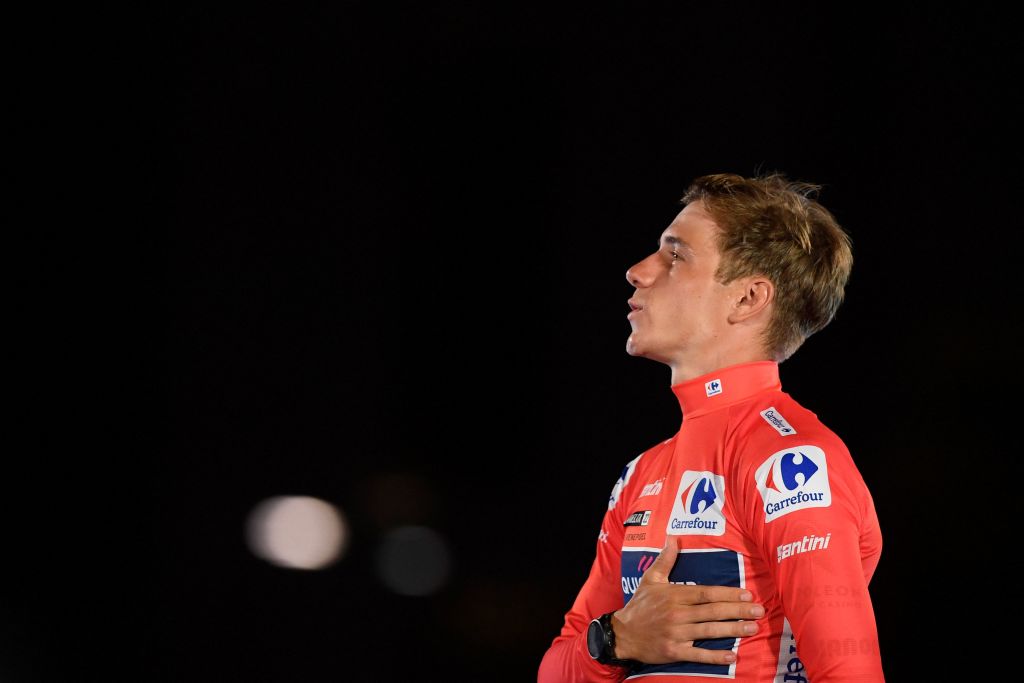The 2,100-metre-high Tourmalet looks set to feature in the Vuelta a España as a summit finish for the first time in the Spanish Grand Tour’s history.
Located in the French Pyrenees, one of cycling’s most celebrated climbs was originally due to form part of an exceptionally-difficult first week of the 2020 Vuelta a España.
But while the pandemic put paid to that idea, with the much easier Formigal ascent inside Spain being used instead, various media reported this week that the Tourmalet would be back on the Vuelta menu for 2023.
The race organisers, Unipublic, themselves hinted very strongly that this would be the case, telling the Vuelta’s official newspaper, AS, “it [a summit finish on the Tourmalet] is a very real possibility and we are working on it.”
The ascent of the Pyrenean climb is already due to form part of the men’s and women’s Tours de France come the summer of 2023. In the former, it will be tackled as part of stage 6, in the latter the Tourmalet acts as a potentially-decisive stage finish, 24 hours before the Tour de France Femmes final time trial in Pau.
At 18.3 kilometres long on one side of the ascent and 17 kilometres on the other, the Tourmalet was last tackled in the Vuelta a España in 1995, on a long, ultra-tough stage finishing on Luz Ardiden and taken by overall winner Laurent Jalabert.
Beyond the Vuelta starting in Barcelona in 2023, for the first time in 61 years, on August 26 and ending in Madrid on September 17, little is known about the upcoming route. An opening 14-kilometre team time trial, set to end in Montjuic Park in the Catalan capital, is one of the few parts of the course already officially published.
Beyond that, it’s rumoured another stage will then possibly start and finish in Catalonia, prior to a two-day visit to the neighbouring principality of Andorra. The ascent of the Tourmalet would be most logical at this point in the 2023 Vuelta route, perhaps as the last stage of the first week, as was originally planned in 2020.
Other stages are already set for the region of northerly Navarre and the easterly region of Valencia, according to local media. A return to the country’s single-hardest climb, the Angliru, on the other side of Spain has also been widely rumoured, although the scale of the transfers involved would perhaps deter even the Vuelta organisers.
The later Vuelta start date is partly explained by the shift in the calendar for the UCI World Championships, brought forward to August next…
Click Here to Read the Full Original Article at CyclingNews RSS Feed…

